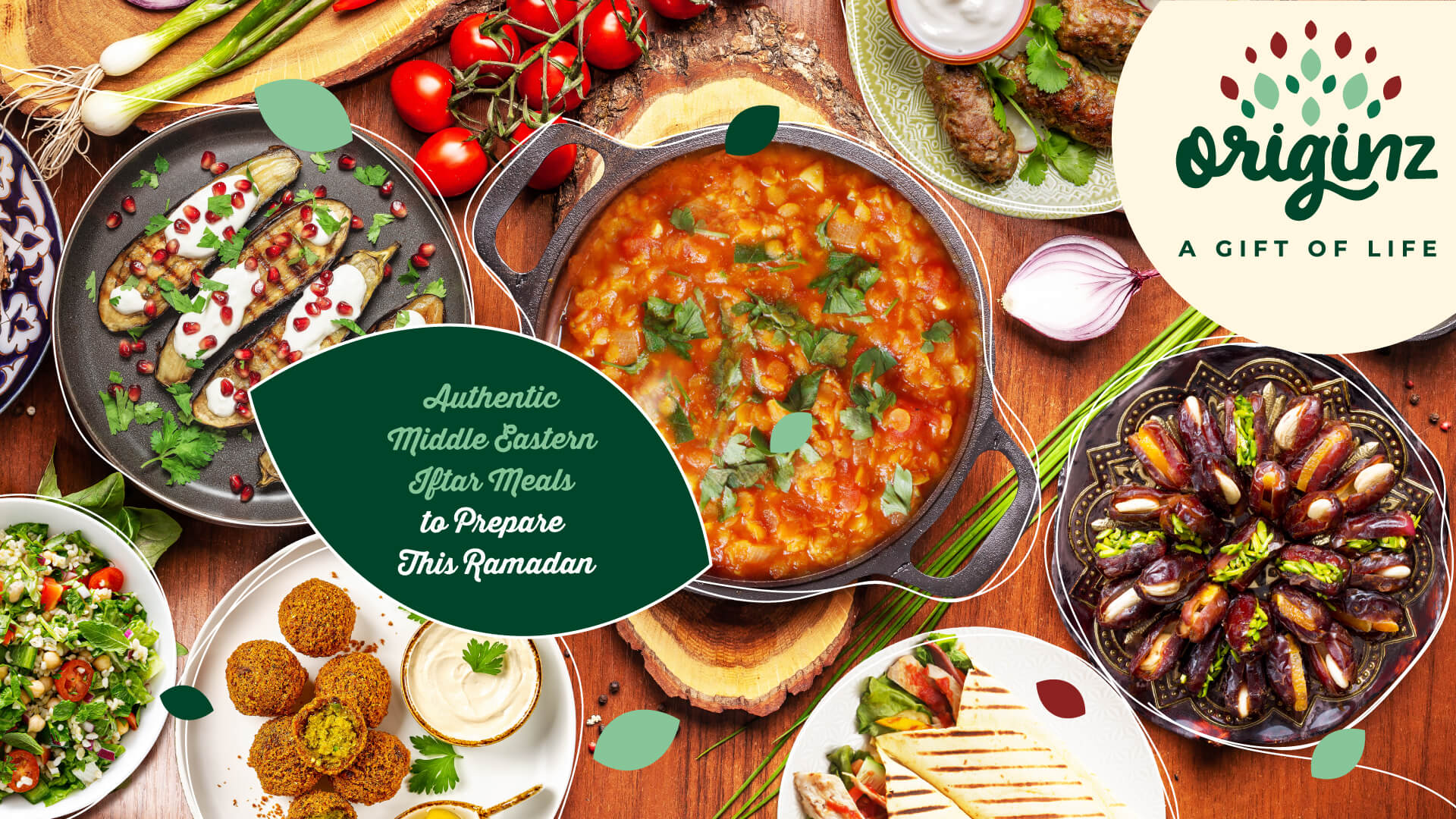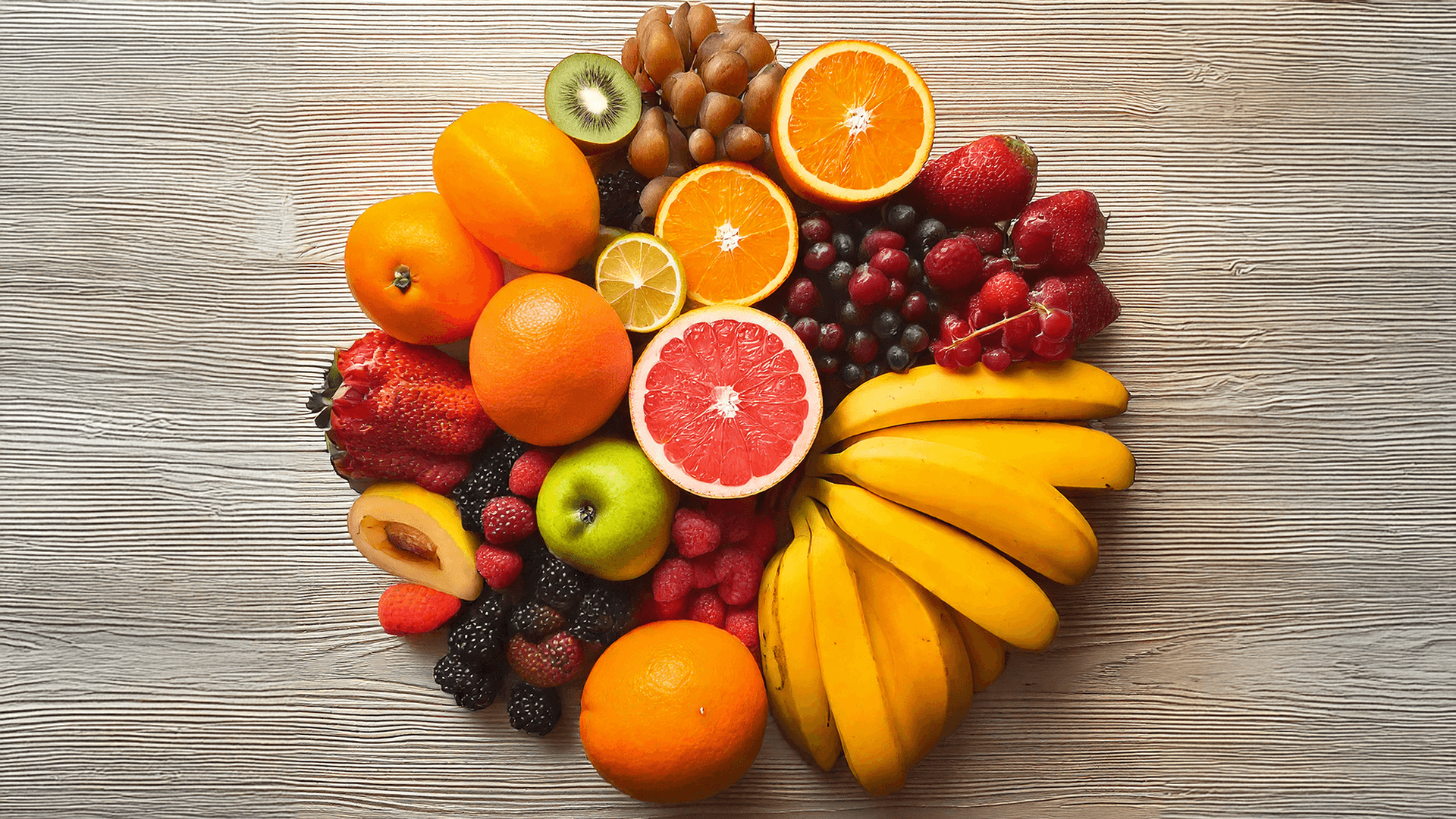
Authentic Middle Eastern Iftar Meals to Prepare This Ramadan
As the crescent moon heralds the arrival of Ramadan, it brings with it the promise of spiritual renewal and the gathering of families around the iftar table. Iftar, the meal to break the fast, is not just a daily ritual but a celebration of community and culinary heritage. This year, delve into the heart of Middle Eastern culinary traditions with iftar meals that are not only easy to prepare but deeply rooted in the culture and spirit of Ramadan. Whether you're a novice in the kitchen or simply looking for fresh Ramadan food ideas, the following recipes are designed to inspire and delight. From the staple lentil soup to the festive saffron rice, each dish brings a piece of the Middle East to your iftar table, making your Ramadan recipes authentic and memorable.
Understanding Iftar and Its Significance
The breaking of the fast, or iftar, is eagerly awaited by Muslims around the world after a day of fasting from dawn to sunset during Ramadan. This meal is not just about eating but is a moment to gather, share, and give thanks, embodying the essence of Ramadan. It typically starts with the consumption of dates and water, following the Sunnah (tradition) of Prophet Muhammad, and then unfolds into a spread of sumptuous dishes. Incorporating healthy food products into these meals not only aligns with the nutritional spirit of Ramadan but also introduces an array of textures and flavours to the table.
Ramadan Recipes for an Inspiring Iftar
The beauty of Middle Eastern cuisine lies in its variety, flavours, and the way it brings people together. Here are some iftar ideas to help you create an unforgettable iftar experience.
1. Classic Lentil Soup:
A staple in many Middle Eastern households during Ramadan, lentil soup is hearty, nutritious, and comforting. Simmer lentils with a blend of onions, carrots, tomatoes, and a mix of cumin, turmeric, and coriander for a rich flavour. Serve with a squeeze of lemon for an added zest.
2. Stuffed Dates:
Dates are a traditional first bite to break the fast, but you can elevate this with a filling of nuts, cream cheese, or even a mix of spices and coconut. They're a perfect blend of sweetness and nutrition, ideal for replenishing energy quickly.
3. Chicken Shawarma:
A favourite across the Middle East, chicken shawarma is marinated in aromatic spices and grilled to perfection. Serve it sliced in pita bread with fresh vegetables and a drizzle of tahini or garlic sauce. Explore delicious recipes, like this recipe from Originz, , that simplify this classic dish for an easy yet authentic iftar meal.
4. Tabbouleh:
This refreshing salad, a mix of finely chopped parsley, tomatoes, mint, onion, and soaked bulgur wheat, dressed in olive oil and lemon juice, is a light and healthy side that cleanses the palate and complements heavier dishes.
5. Falafel with Tahini Sauce:
These deep-fried chickpea balls are crispy on the outside and soft on the inside. Serve with a side of tahini sauce for a satisfying vegetarian option. Preparing falafel from scratch allows you to adjust the flavours to your liking, adding herbs and spices for an extra kick.
6. Grilled Eggplant with Yogurt and Pomegranate:
Eggplant is a versatile vegetable that absorbs flavours wonderfully. Grill slices until charred and tender, then top with a garlicky yogurt sauce and pomegranate seeds for a dish that's as beautiful as it is delicious.
7. Kofta Kebabs:
Mix ground lamb or beef with onions, garlic, parsley, and Middle Eastern spices, then shape onto skewers and grill. These kebabs are juicy, flavourful, and perfect for sharing.
Incorporating these iftar ideas into your Ramadan cooking not only adds variety and flavour but also pays homage to the rich cultural traditions of the Middle East. Each recipe is designed to be accessible for entry-level cooks, ensuring that everyone can partake in the joy of preparing and sharing an authentic iftar meal. By exploring these Ramadan food ideas and easy iftar recipes, you're invited to a world of culinary exploration that enriches your Ramadan experience.
Crafting an iftar menu filled with a variety of flavors and nutrients not only adheres to the physical and spiritual aspects of Ramadan but also allows you to explore the rich culinary traditions of the Middle East. With these easy iftar recipes, you’re equipped to create a memorable and meaningful iftar that celebrates the essence of the month. Ramadan Kareem!
FAQs
How can I ensure my iftar meals are nutritious?
Incorporate a variety of food groups, focusing on vegetables, lean proteins, and whole grains. Using healthy food products and being mindful of cooking methods, like grilling or baking instead of frying, can help maintain nutritional value. Organic food is also a good idea if you’re looking to up your nutritional intake, since organic food is often higher in nutrients than processed food.
Are there vegetarian options for iftar?
Yes, many Middle Eastern dishes are vegetarian-friendly. Falafel, tabbouleh, and stuffed dates are just a few examples that are both satisfying and nutritious.
How can I manage time when preparing iftar meals?
Planning and preparation are key. Choose recipes that can be made in advance or require minimal active cooking time. Preparing some components ahead of time, like marinating meats or chopping vegetables, can also save time.
Latest Blogs

Maintaining Healthy Habits After Ramadan
Have Ramadan healthy meals after Ramadan and maintain healthy food habits and implement them in your daily lives. Read more about healthy food habits.

Eid-al-Fitr Feast: Delicious Recipes to Celebrate the End of Ramadan
Celebrate the end of Ramadan with delicious recipes on the eve of Eid ul Fitr. Read more about the traditional Ramadan recipes and make them easily.

Ramadan Dishes to Cure Fasting Fatigue
Don’t worry about fasting fatigue anymore as we have listed some best Ramadan dishes and easy iftar meals to support your fasting journey. Check them out.

Top 10 Vitamin D-Rich Fruits and Their Benefits
Check out the benefits of vitamin D-rich fruits in boosting bone strength and immunity. Learn about the top 10 fruits rich in Vitamin D